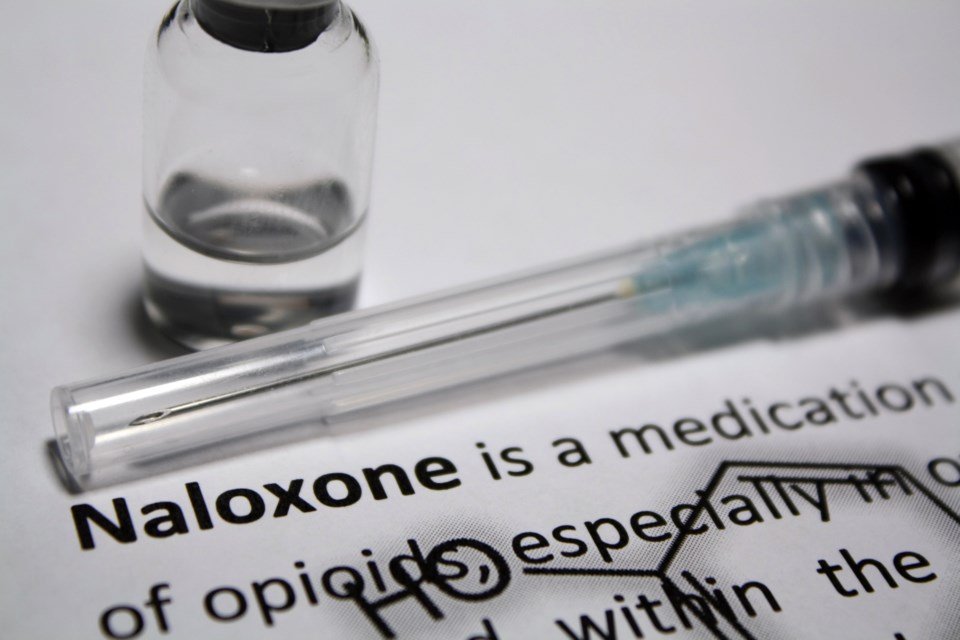The doctor who treated a heroin overdose at the Whistler Health Care Centre Nov. 20 is warning drug users not to use substances alone.
“The message is don’t use if you don’t have to [right now], but if you do have to and there are lots of reason that people have to, then don’t use alone and have a Narcan kit,” said Dr. Clark Lewis. (Narcan is a medication used to block the effects of opioids.)
In recent days Surrey RCMP issued a public warning after three people died of drug overdoses, which were linked to a toxic batch of illicit street drugs.
Whistler RCMP was not immediately available to comment.
“[This was] an experienced user who overdosed for the first time ever, which is alarming,” said Lewis commenting that overdoses are very rare in the resort.
“[The person is] local and they were not prepared—they did not have a Narcan kit. Fortunately he was not alone, which was good.”
The emergency room doctor said the overdose victim was likely saved by his friend, who recognized what was happening and called 911.
“[Paramedics] got there in time to give him the Narcan, but if he had been alone it could have been really bad.
“If you are alone then you could die.”
According to statistics from the BC Coroners Service, there has been a 112 per cent increase in the number of illicit drug overdose deaths in B.C. from September 2019 to September 2020, with the ongoing pandemic contributing significantly as an underlying cause. In Whistler fentanyl has been found to be in the supply of cocaine and MDMA.
“We are focusing a lot on the concerns we have about the coronavirus and the pandemic, but deadly illicit drug overdoes should also be part of the really important conversations we are having about public health,” said Jackie Dickinson executive director of Whistler Community Services Society (WCSS).
In response to the overdose Dickinson wanted to remind people that WCSS is open and available to help.
“We are here and we are here to help people,” she said, adding that it is important that everyone look to their households and support circles at this time.
“[Provincial Health Officer] Dr. Bonnie Henry is giving us tools to help for our physical safety, but she is also giving us tools to support our mental health. The whole ‘safe-six’ is really meant to say, as we navigate these really challenging times surround yourself with six people that are meant to support you in a variety of ways for you health and your wellness.
“We have to think about who our support system is, and this is a great example of how that housemate or friend or that constant buddy who checks on you can literally be your lifeline.”
Dickinson urged people who do make a choice to use drugs not to do it alone, and to have a Narcan kit on hand. They are available from WCSS free of charge, and the virtual training, which takes about 30 minutes, to learn to use the kits safely is also free.
(Go here to find out more about the kits: https://whistlercommunityservicessociety.janeapp.com)
For those who find themselves alone Dickinson urged them to download the Lifeguard App. This allows a user to set an alarm. If the alarm is not turned off the app send a message to 911 and ambulances services. (See Pique, 'You get your life back when you get to the other side' June 7, 2020.)
WCSS is working to make sure people who want this service but do not have cell phones get the technology they need. If you have a cell phone you no longer need consider donating it to WCSS.
Said Dickinson: “As we go into shorter darker days and potentially more restrictions it is important to foster dialogue in the community that substance use is going to go up. We have to normalize these conversations more than ever.”




